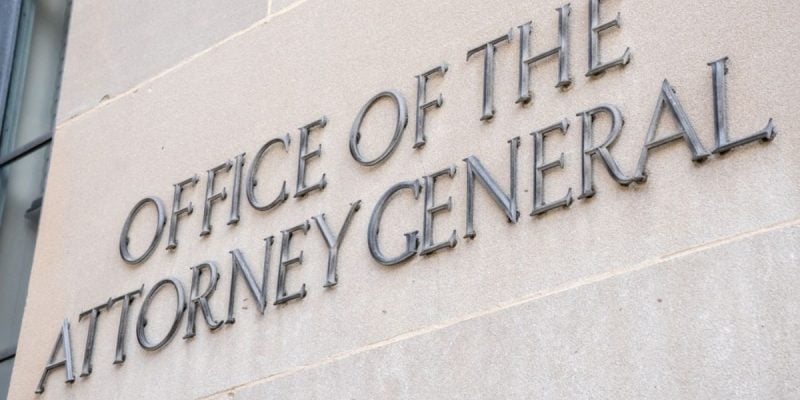Sen. Katie Britt, on behalf of the Senate Judiciary Committee, sent a letter to Attorney General Pam Bondi urging the Department of Justice to take action against illegal offshore gambling operators.
In the letter, Britt criticized the dangers posed by offshore gambling sites and called on the DOJ to take an aggressive stance against illegal operators.
“We write regarding the concerning use of illegal offshore gaming operations by America’s youth, and to ask the United States Department of Justice (DOJ) to take action to protect young people from these illegal gaming operations,” the letter said.
“Illegal offshore gaming operations allow minors to engage in unregulated sports betting and gaming with no oversight, unlike legal domestic gaming operations.”
The letter comes around three months after 50 state attorneys sent Bondi a similar message.
How offshore gambling sites endanger young Americans
Illegal offshore casinos and sportsbooks operate outside US state regulations, leaving consumers without the legal protections they have wagering on licensed sites. For example, if an offshore site refused to pay out a bettor’s winnings, the player would have little legal recourse.
A major concern is that offshore operators are not required to verify users’ ages before allowing them to open accounts.
“These illegal offshore gaming operations expose young people to numerous harms, including by permitting them to gamble without age verification, on credit, and offering no resources for gambling addictions,” Britt’s letter stated. “Young people, including minors, are increasingly gambling, and illegal offshore gaming operations prey on them for profit.”
Lawmakers are increasingly focusing on protecting youth from gambling-related harm. In New Jersey, for example, a new bill aims to expand treatment options for underage gamblers.
Beyond protecting minors, the letter underscores the broader importance of responsible gambling in the US online gambling industry. Legal operators are required to implement safeguards such as age verification, self-exclusion tools, and resources for problem gambling.
By contrast, illegal offshore sites lack these protections, leaving users — especially young people — vulnerable to financial and mental health risks. Advocates say reinforcing responsible gambling practices is essential to maintaining public trust in the regulated online gaming market.
Four steps the DOJ could take to protect minors
Britt and her colleagues asked the DOJ to provide the following:
- An assessment of all offshore sites where the DOJ has taken action.
- Details of what the DOJ is doing — and plans to do — to stop illegal offshore sites.
- Unclassified DOJ information on how illegal offshore sites have targeted minors.
- An analysis of the resources the DOJ would need to combat illegal offshore operations.
The letter also commended the earlier effort by state attorneys general, specifically supporting their call for the DOJ to use its authority under the Unlawful Internet Gambling Enforcement Act to block illegal sites.
“We agree with their analysis of the authority provided to DOJ under that law, and write to further encourage DOJ to partner with all state and territory attorneys general to combat the reach of illegal gambling operations within the United States,” Britt wrote.









